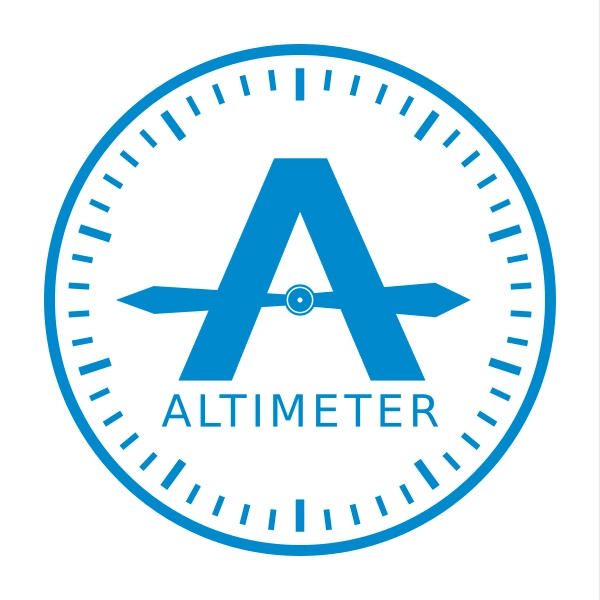Altimeter Software was launched out of Oklahoma Christian University in 2016. The company served Christian universities and high schools, supporting over half a million student check-ins to over 10,000 events between 2016 and 2019.
Although the company shut down in 2019, I have created a fictional case study to evaluate how Altimeter could respond to the COVID-19 crisis in 2020. The specific issues to be addressed include:

Oklahoma Christian University developed a mobile app as part of an overhaul of their spiritual development program. Rather than requiring daily chapel attendance, the program and app, called Ethos, enabled students to choose events to attend (e.g. chapel, Bible studies, prayer groups, worship events) to build their own spiritual development journey. Other Christian universities wanted to buy the software, so in 2016 I led the spin-out of the software into a new company we called Altimeter Software.
Over the next several years we pitched the software to dozens of schools. Five universities and two high schools signed up to use the software and we supported 569,850 student check-ins to 13,420 events. However, by the end of 2018, it was clear that the market opportunity wasn't large enough to support the overhead required to operate the business. We pursued merging Altimeter into adjacent software companies, but those talks failed to result in a deal. We shut the business down at the end of the 2018-2019 school year.
When COVID-19 hit in early 2020, I realized that, had Altimeter still been in operation, the global pandemic would've represented an existential threat to the company's survival. Altimeter's value proposition was based on tracking student check-ins to live in-person events, which came to a screeching halt in March 2020. The company's primary target market was small Christian universities and it was unclear how many of these schools would survive (several failed).
It seemed like a great opportunity to use the company's situation as a hypothetical example that would help other companies think through their own responses to crises like COVID.
I created two 15 - 20 minute videos that walked through the steps that I would take to accomplish the goals listed above. These videos are included below, but the key steps are summarized here:
Once a strategic path forward is selected, a process would be implemented to continue to monitor the uncertainties and be ready to adapt the strategy to the changing conditions.

Copyright © 2014-2024 SDG Strategy, LLC To God be the glory.